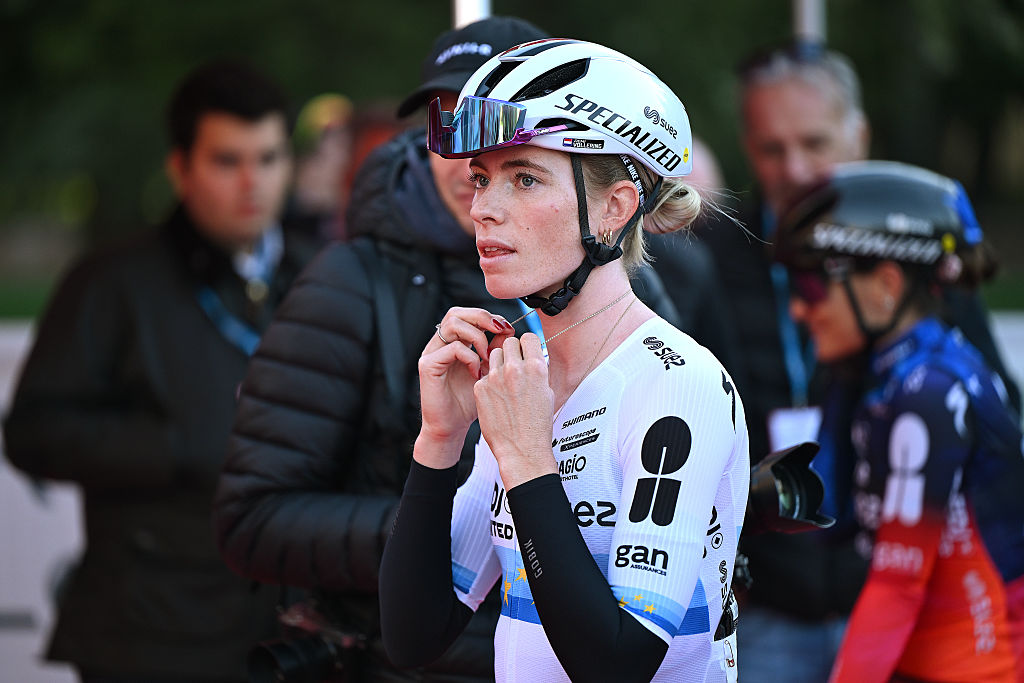Quintana consolidates Tour de France climbing form as race hits high mountains
'The important thing was not to lose time, to go well and feel good,' Colombian says of stage 8
The latest race content, interviews, features, reviews and expert buying guides, direct to your inbox!
You are now subscribed
Your newsletter sign-up was successful
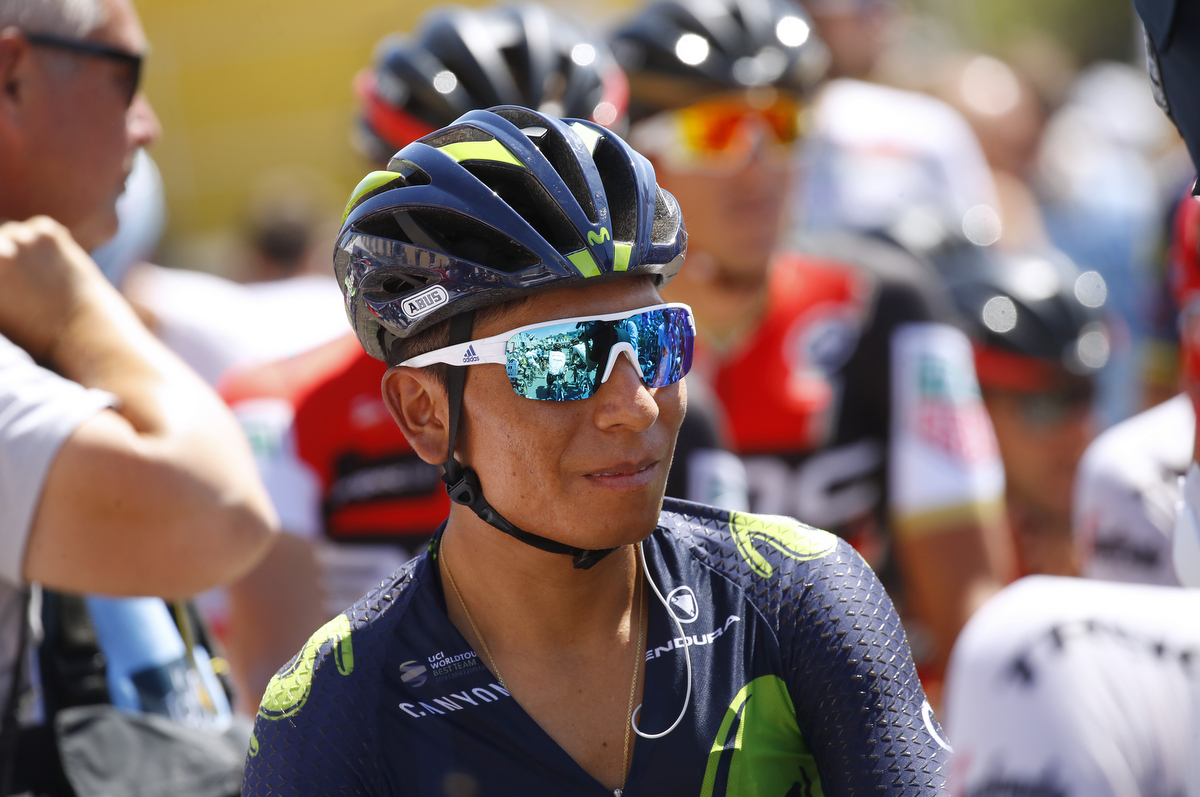
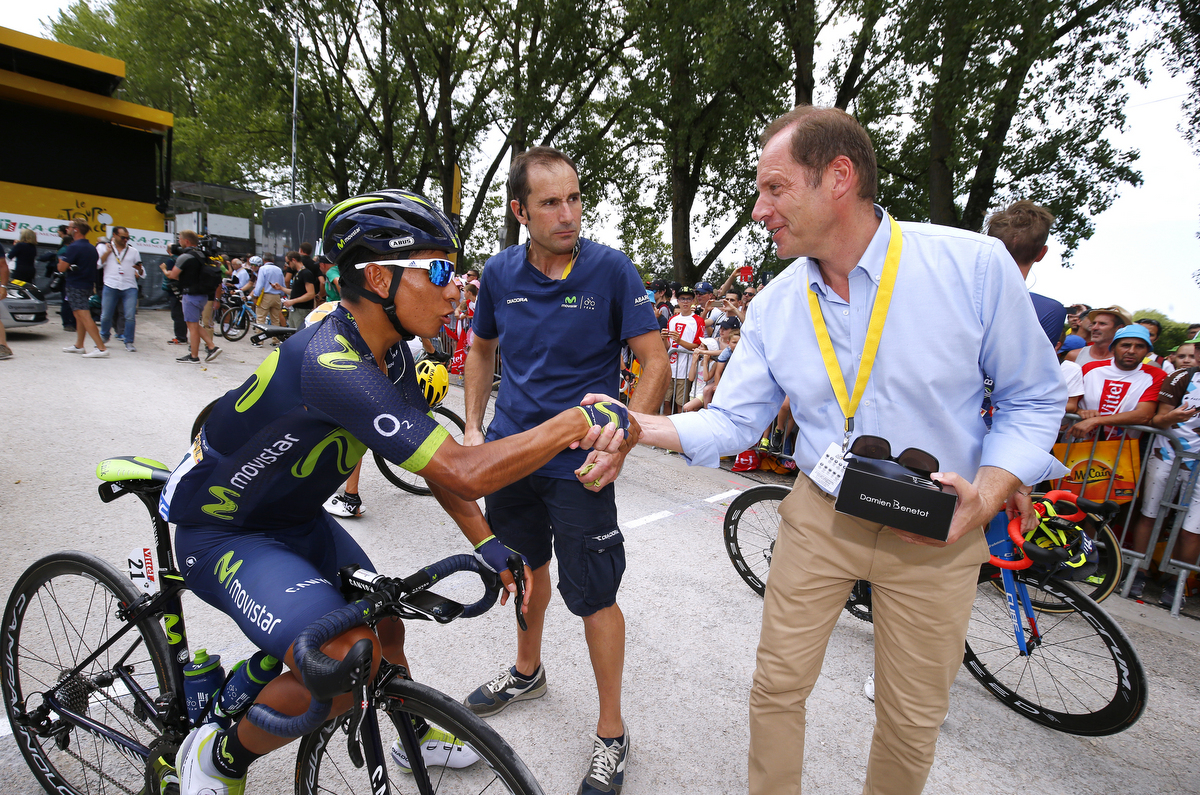
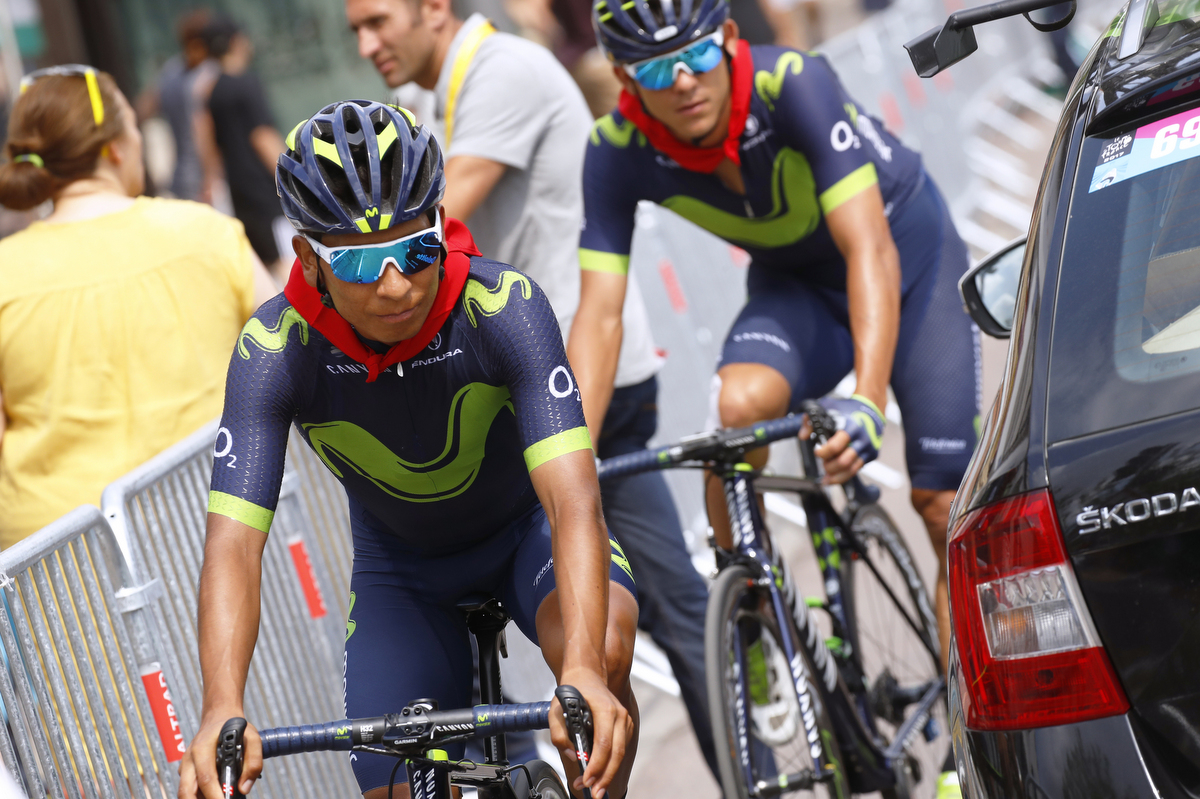
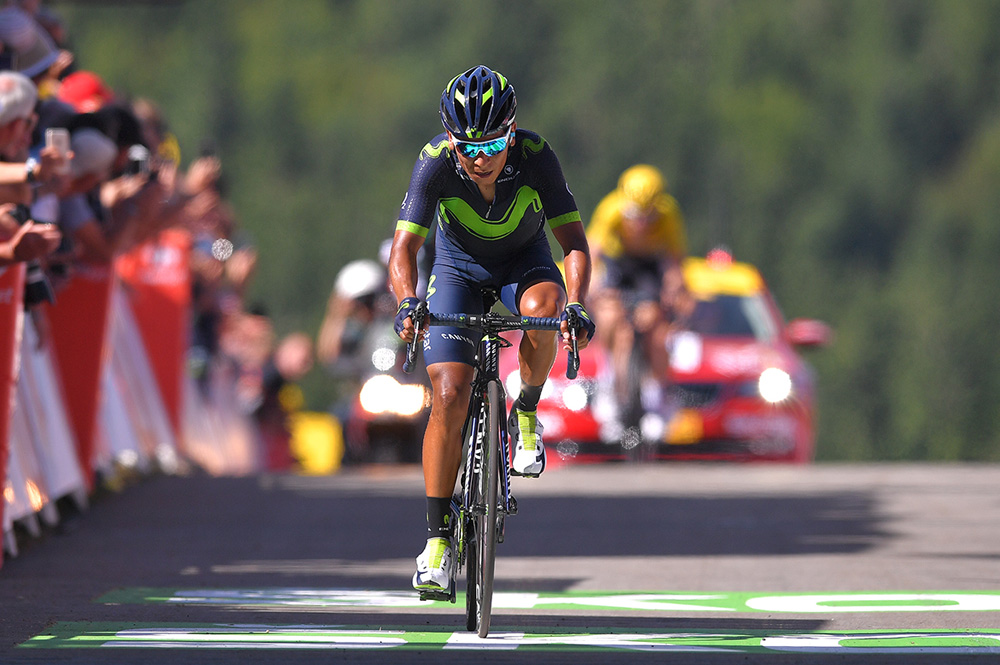
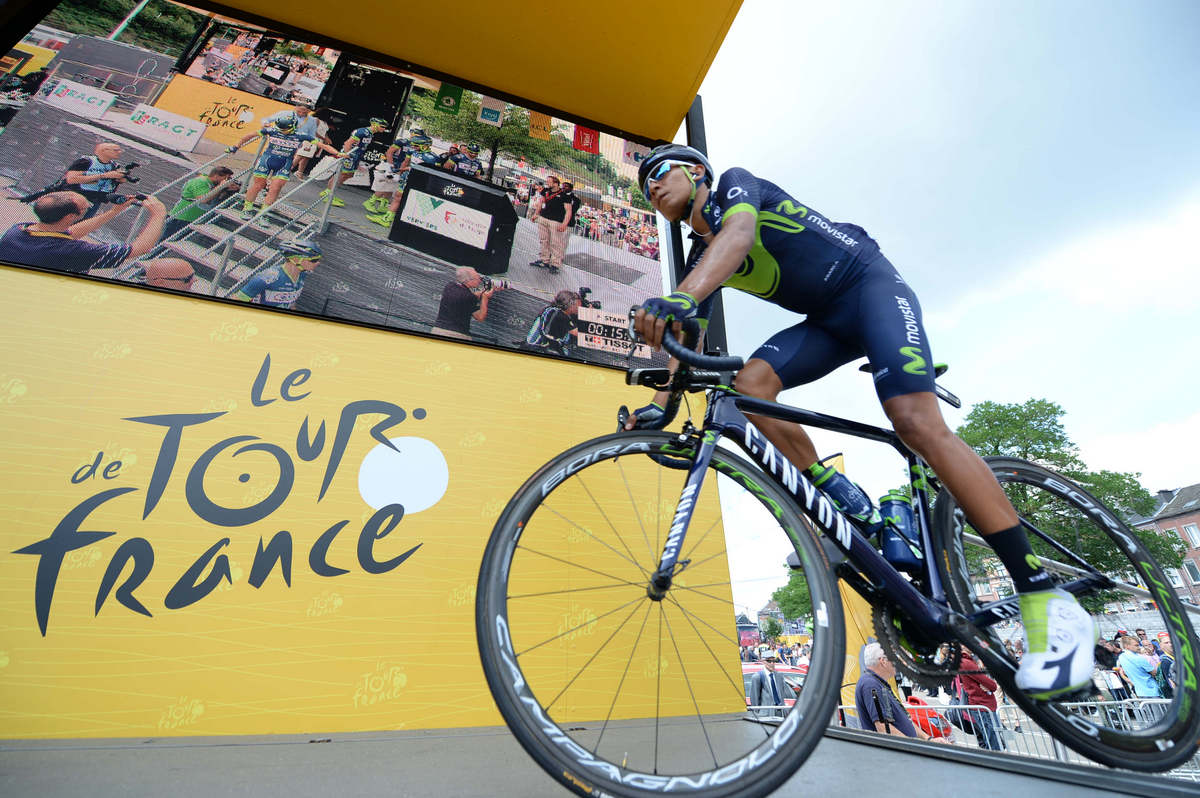
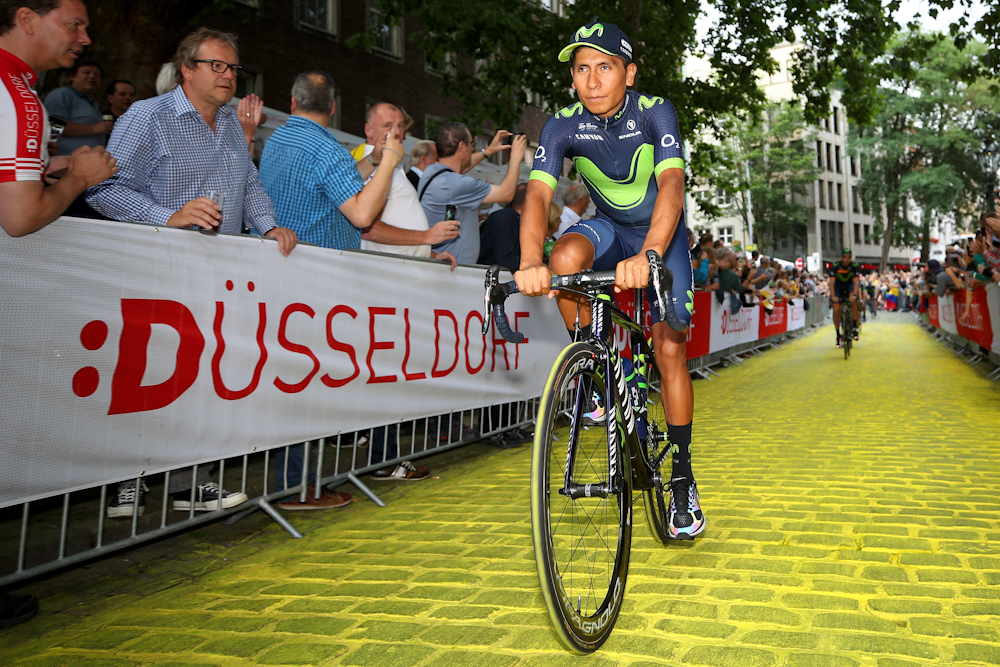
Following a worryingly uneven performance in the Vosges on Wednesday, Nairo Quintana (Movistar Team) sounded a much more upbeat note on Saturday's first Tour de France stage in the Jura mountains, where he finished without any problems alongside the main favourites.
Quintana: Losing Valverde is disappointing but we must look ahead
Nairo Quintana's Tour de France challenge falls flat on first summit finish
Contador: It was a really fast day, and we could pay the price
Tour de France: BMC show intent on stage 8, but Porte's destiny awaits
Early showdown for Tour de France in Jura mountains on Sunday
At La Planche des Belles Filles, Quintana was unable to follow Chris Froome's counter-attack behind Fabio Aru (Astana Pro Team), although Quintana subsequently regained contact with the Sky rider and then limited his time losses to a handful of seconds when Froome bolted after Dan Martin (Quick-Step Floors).
Afterwards the Colombian told his team's website that the Vosges finish had not seen him on his best day and that he was still honing his top-end form after racing the Giro d'Italia and the break that followed.
But Quintana also said that he hoped to continue to regain his strength in the following mountain stages and in the Jura, to judge from his comments to reporters at the Movistar Team bus after stage 8, Quintana says he's still improving
"Today we were gaining more race rhythm, hoping the legs continued to feel good, and tomorrow [Sunday] is even more important," he said.
"This morning I said the important thing was not to lose time, to go well and feel good, and that's what happened."
Quintana's comments were enough to set off a battery of questions from TV media as to whether he could actually go on the attack, but the Movistar leader was understandably more guarded about that particular option.
The latest race content, interviews, features, reviews and expert buying guides, direct to your inbox!
"It'll depend on the rivals, and how they respond, and then we'll decide," he replied non-committedly.
20th on the line in the same time as Froome and 9th overall at 54 seconds, Quintana and Movistar had a strong representation in the early, massive break. Jonathan Castroviejo, Jasha Sütterlin and Andrey Amador - the latter, like Quintana, riding his second Grand Tour this year - were all present. On the downside for Movistar, the Tour's official medical bulletin reported that Carlos Betancur had been stung by a wasp and fallen, although the 2014 Paris-Nice winner completed the stage.
"It was a very fast stage, there was a big break right from the start, but we got through fine. I think the best Nairo is yet to come, we're waiting for Sunday as well the Pyrenees," added Movistar sports director Jose Luis Arrieta afterwards.
"There's lots of Tour still to go, and Nairo's very ambitious, he's always looking for the victory and that's what we're focused on doing. He's in the right place to do that."
Arrieta was convinced that the stage in itself, "would have a major knock-on effect on Sunday's racing for sure. We're a week into the race and if you add in riding in the heat and the energy used up, all in all it's been a very difficult day."
He also singled out Team Sky's ability to keep the lid on what seemed to be a very difficult stage. "If there were no attacks from the GC riders it was because Sky did a good job, they didn't let any other contenders move ahead."
Arrieta argued that BMC Racing Team could have used Nico Roche as a point of contact for Porte to bridge across to on the final climb, but that Sky's domination was strong enough to ensure that a big gap never opened.
"Kiryienka and Rowe didn't seem to have a good day, for the heat or whatever" - losing over half an hour each, with Kiryienka finishing 180th - "but Kwiatkowski could almost control the break all by himself. He did an amazing job."
Analysing the development of the stage itself, Arrieta argued that speculation that the break so large could have stayed away or, indirectly, cause the peloton to implode because of the leader's team having to chase so hard, was unrealistic.
"In a break with 50 you know that 40 aren't going to work," he told Cyclingnews. "That's why there were constantly groups of three, four or seven riders going off the front of the break for so long. Alliances amongst groups much bigger than that just aren't going to happen."
Alasdair Fotheringham has been reporting on cycling since 1991. He has covered every Tour de France since 1992 bar one, as well as numerous other bike races of all shapes and sizes, ranging from the Olympic Games in 2008 to the now sadly defunct Subida a Urkiola hill climb in Spain. As well as working for Cyclingnews, he has also written for The Independent, The Guardian, ProCycling, The Express and Reuters.


